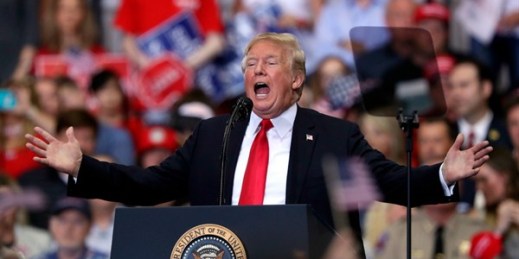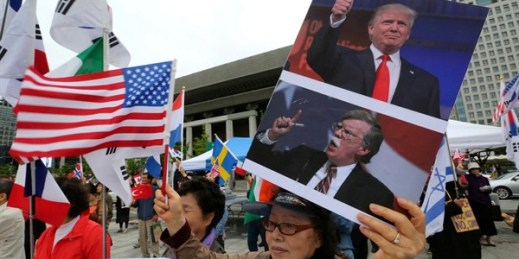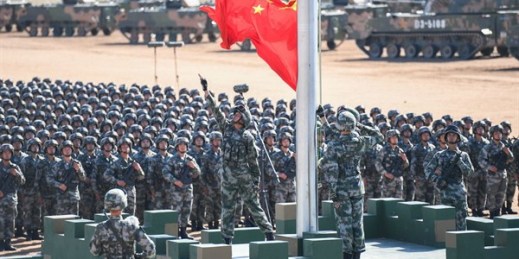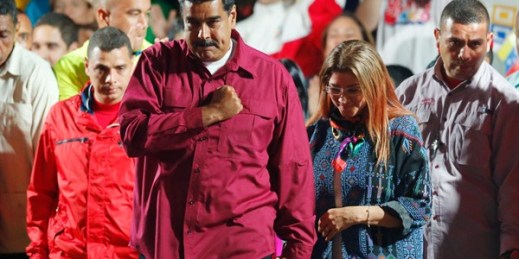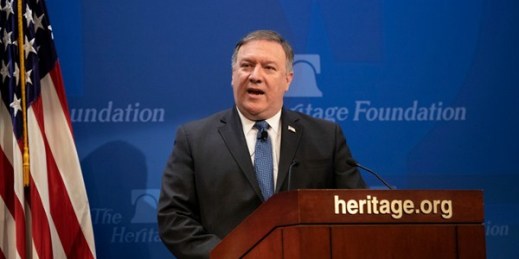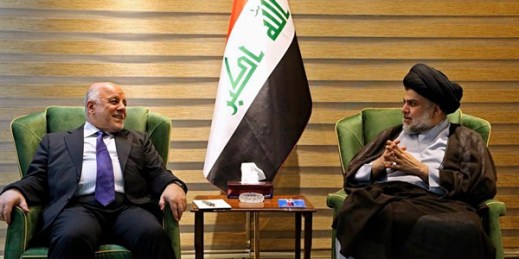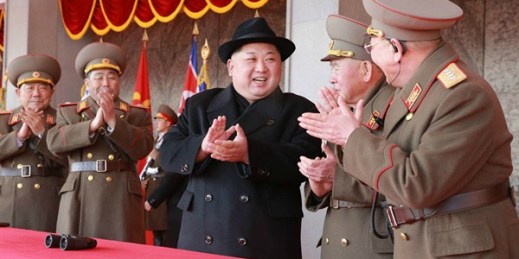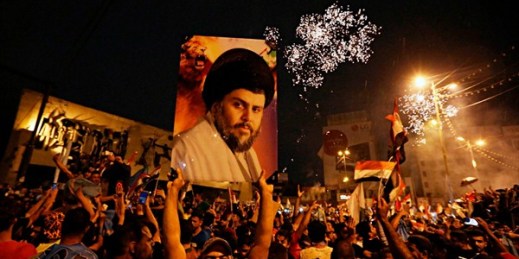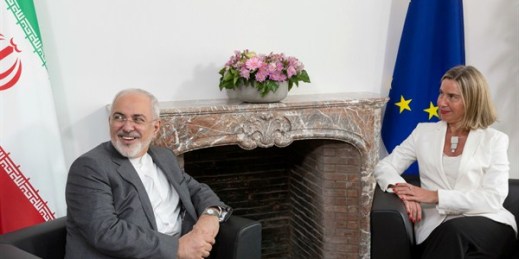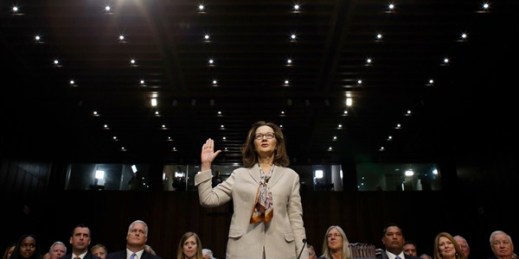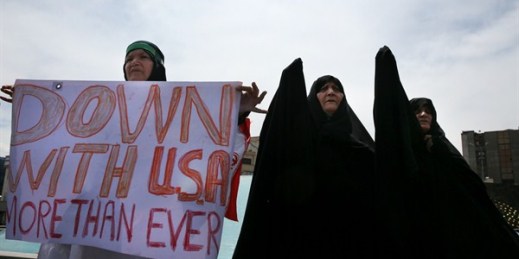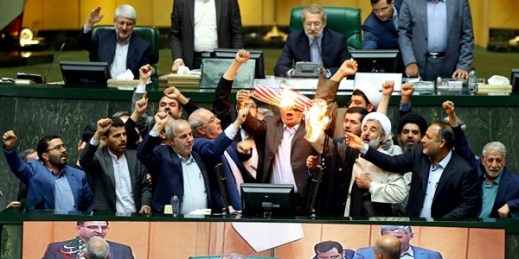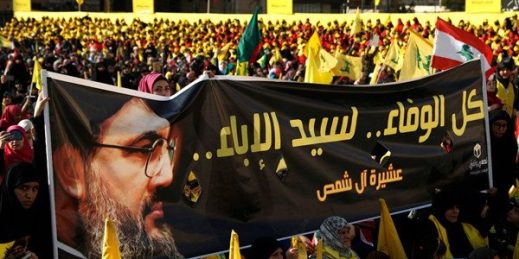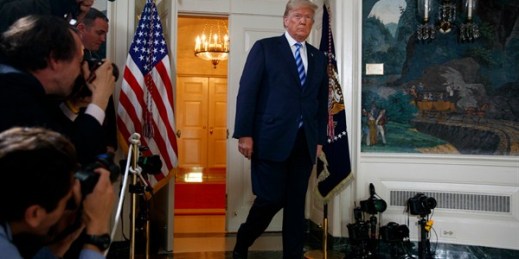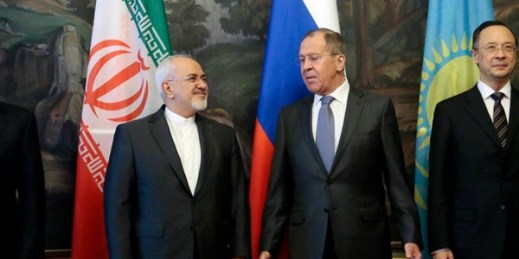
Now that the tide in the Syrian civil war appears to have definitely turned in favor of President Bashar al-Assad’s regime, one of the key factors that will shape Syria’s future is the precise nature and durability of the relationship between the two countries that saved Assad from collapse: Iran and Russia. Tehran and Moscow worked together to bolster Assad, but the character of their ad hoc alliance has always remained a bit of a mystery. They each, for their own purposes, wanted the regime in Damascus to survive. Beyond that, it has never been clear just how committed Russian […]

